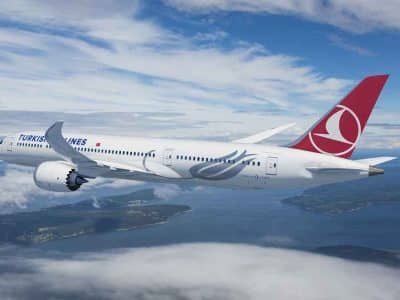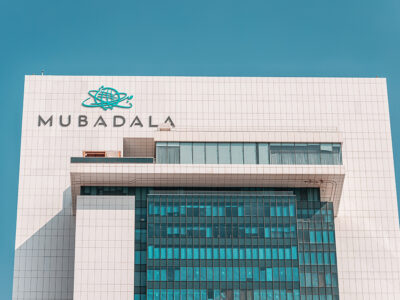Lacnor’s claim to fame of offering its fruit juice range to more than 90% of hotels in the UAE has witnessed many newcomers following enviously on its heels. Yet the leading player’s rise to success has spanned 26 years of intensive product development and expansion.
After becoming part of the National Food Products Company (NFPC) in 1981, the previously French-owned brand’s installation of Tetra Pak packing lines signalled the debut of long-life liquid processing in the UAE, resulting successfully in an average sales growth of 20% in subsequent years.
Having secured foodservice clients across the UAE, Qatar, Bahrain, Yemen, Jordan and Africa, and the foodservice division now accounting for 20% of its business, the Sharjah-headquartered brand is now striving to increase that figure and enter a new area of potential; industrial catering.
“We’ve been focusing more on industrial catering, such as in-flight, hospital and institutional sectors. But bars in the region also hold significant growth potential for us, even though we’re already pretty well established in the region’s hotel sector after being here more than quarter of a century,” comments Christian Bilodeau, brand manager, Lacnor.
Now with more than 20 delivery trucks in the UAE alone, the company also intends to hire additional business development managers to deal with demand, and to focus specifically on boosting the company’s presence in the Middle East’s industrial catering segment with its broad selection of flavours.
First rolling out orange, mango and apple, the brand’s growth propelled the expansion of the range, which now includes 14 varieties, including cranberry, grapefruit, apricot nectar, pineapple and fruit cocktail.
Bilodeau points out though, that the hotel boom in recent years and the diversity of its juice range has witnessed its growth in both front- and back-of-house operations, with chefs responding well to the benefit of its long life quality to costs.
“Basically we are looking at all areas of the hospitality industry at the moment, from the kitchen to the bar, so we will not restrict ourselves,” Bilodeau says.
In addition to the long life quality of Lacnor’s juices, Bilodeau says a critical part of the brand’s growth strategy has been providing information on the production process and packaging.
“We are a leader in the Ultra High Temperature (UHT) juice sector, with our aseptic packaging retaining the nutritional value, vitamins and taste, without chemicals, preservatives, microwaves or other radiation being used,” he explains.
Increasing the shelf life of products, UHT involves three key stages, starting with a gentle process where products are heated for a few seconds and then cooled quickly, with all of Lacnor’s juice range subjected to a minimum of 95°C for four seconds.
This is followed by sterilisation of the packaging material, and finally filling and sealing the product in the package, enabling the cartons to be stored at room temperature at any location.
Bilodeau also says the juices’ swift departure from the warehouses and its efficient production facility also boosts the ‘fresh’ flavour of the juice range, which is available in 1ltr packages for the foodservice sector.
Lacnor’s presence in 8000 outlets in the retail sectors of countries including Iran, Syria, Jordan, Algeria, Mauritius, the Maldives, Pakistan, Yemen, Tanzania, Africa, Qatar, Bahrain, Oman and Bangladesh, is an achievement which Bilodeau hopes to reproduce in its foodservice sales.
“We recently revamped the design of our packaging, and although we have witnessed high double-digit growth in hospitality channels, we are keen to ramp up our share in that area and promote our UHT system, and how our juices can help to balance costs,” he says.
Presently backed by the strength of its exports, Oman, Bahrain and Algeria come out as the strongest emerging markets for Lacnor juices, while the UAE currently tops the region in sales. Bilodeau says food and beverage managers across the region are ready to pay whatever is required for the products due to its longstanding status.
“We know there are cheaper guys out there, but they lack our quality and are not as well established, so we are growing year on year, as foodservice professionals who have been in the region for a long time remain loyal to the brand,” added Bilodeau.
Background
Lacnor was bought from its French owners and became part of the National Food Products Company in 1981.
Location
Sharjah, UAE
Varieties
Cranberry, grapefruit, grape, fruit cocktail, peach nectar, orange, tomato, apricot nectar, pineapple, mango nectar, strawberry nectar and orange carrot.
Availability
UAE, Qatar, Bahrain, Yemen, Jordan and several countries in Africa.
Target sectors
Industrial catering and hotels
Key emerging markets
Oman, Bahrain and Algeria.
Packaging
Tetra Pak, 1ltr







